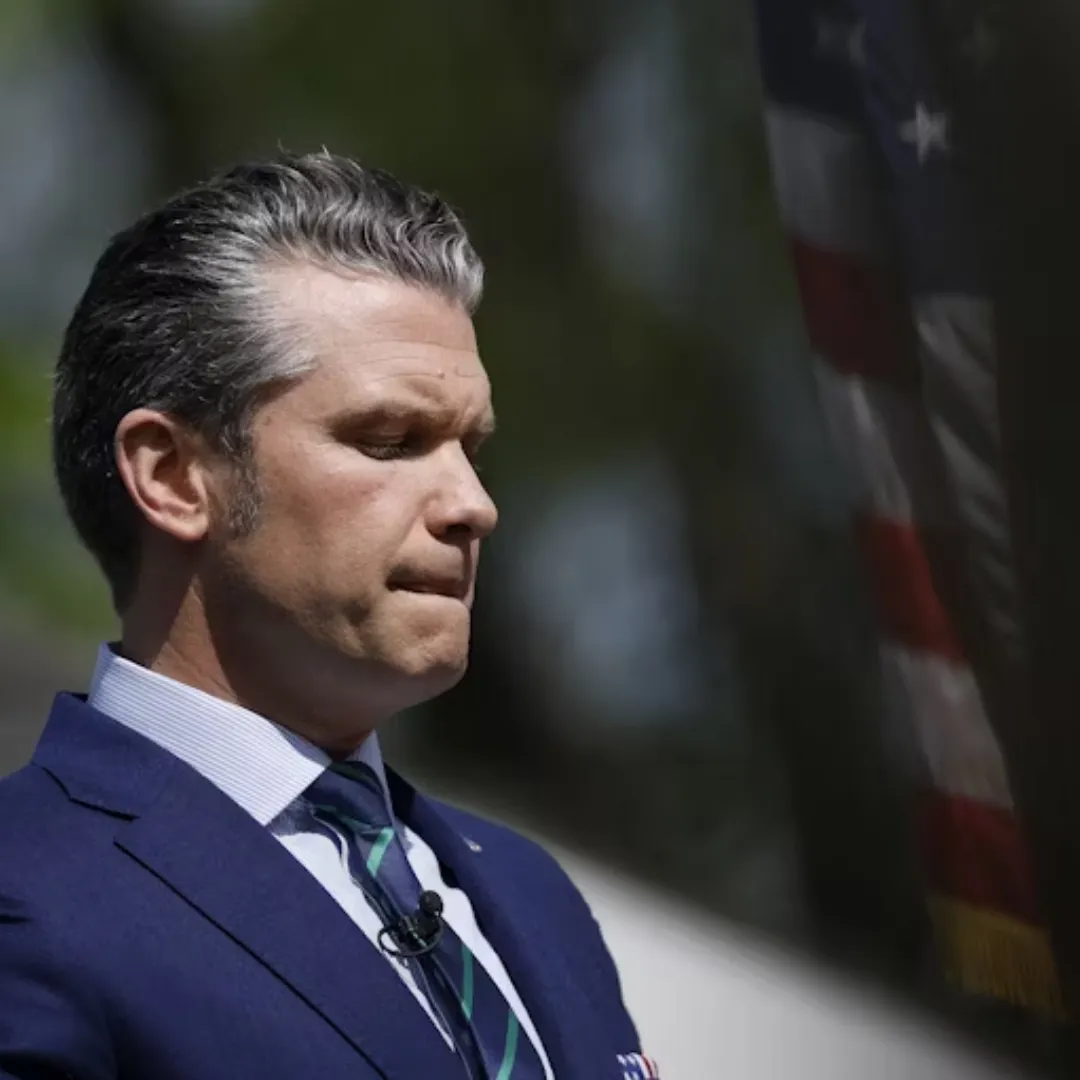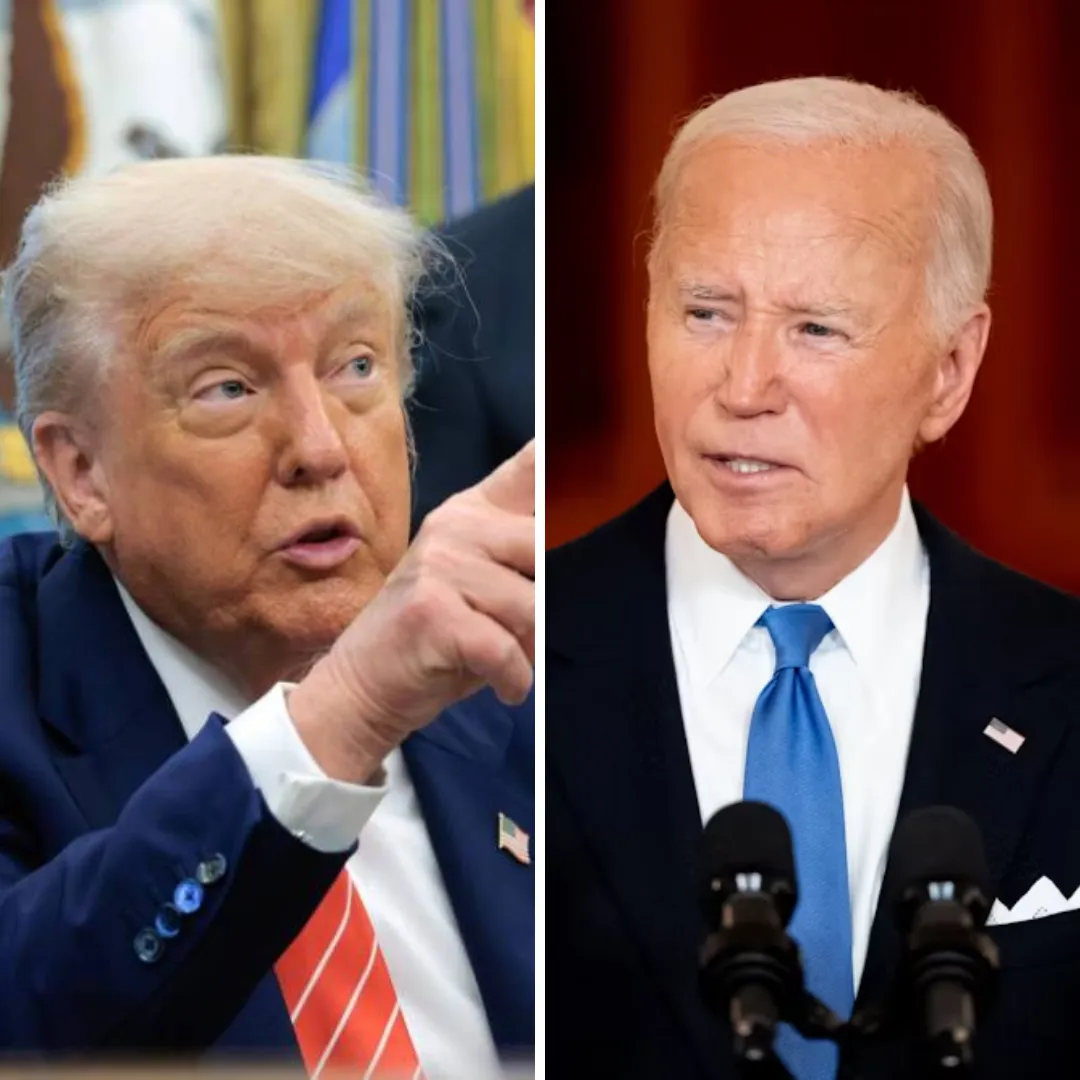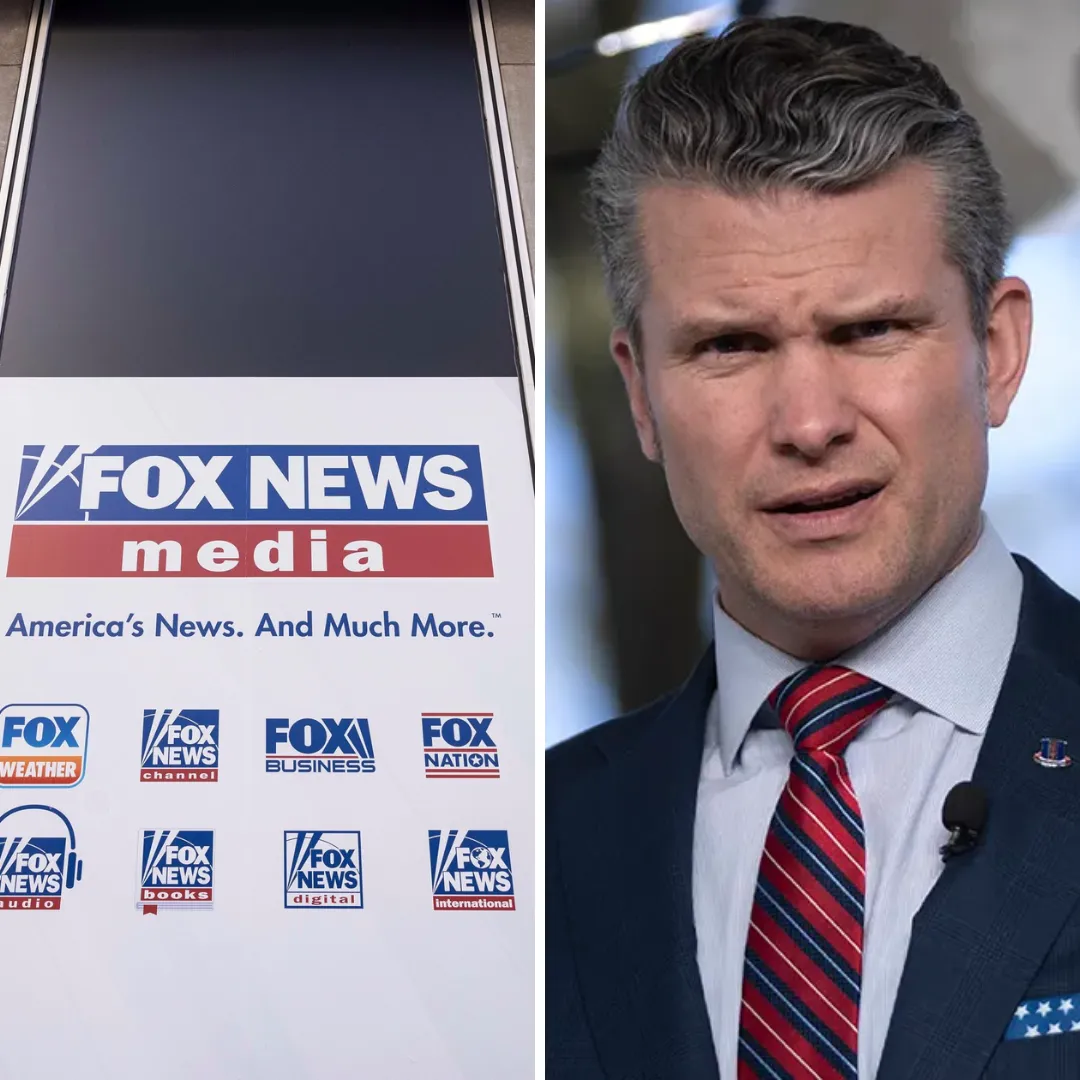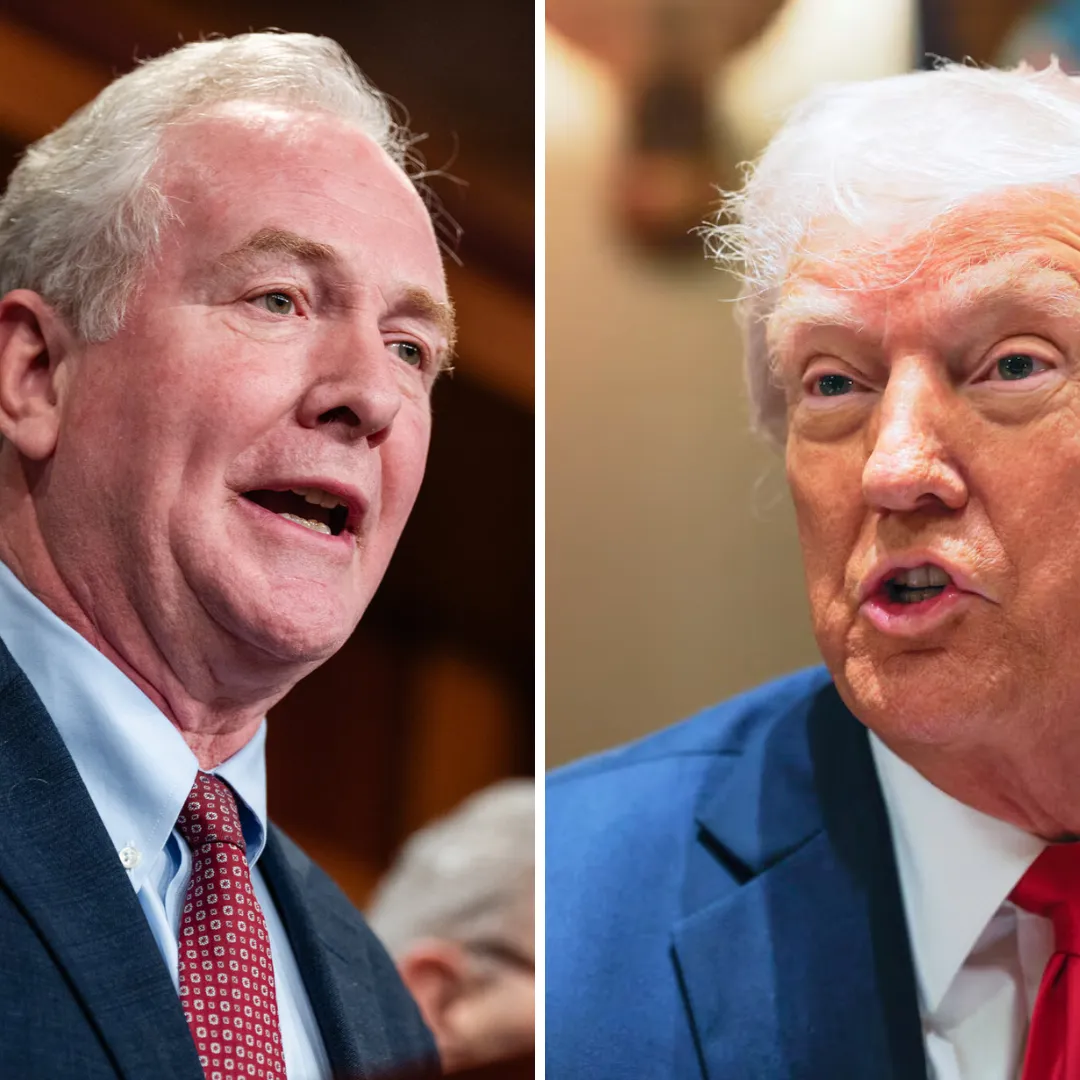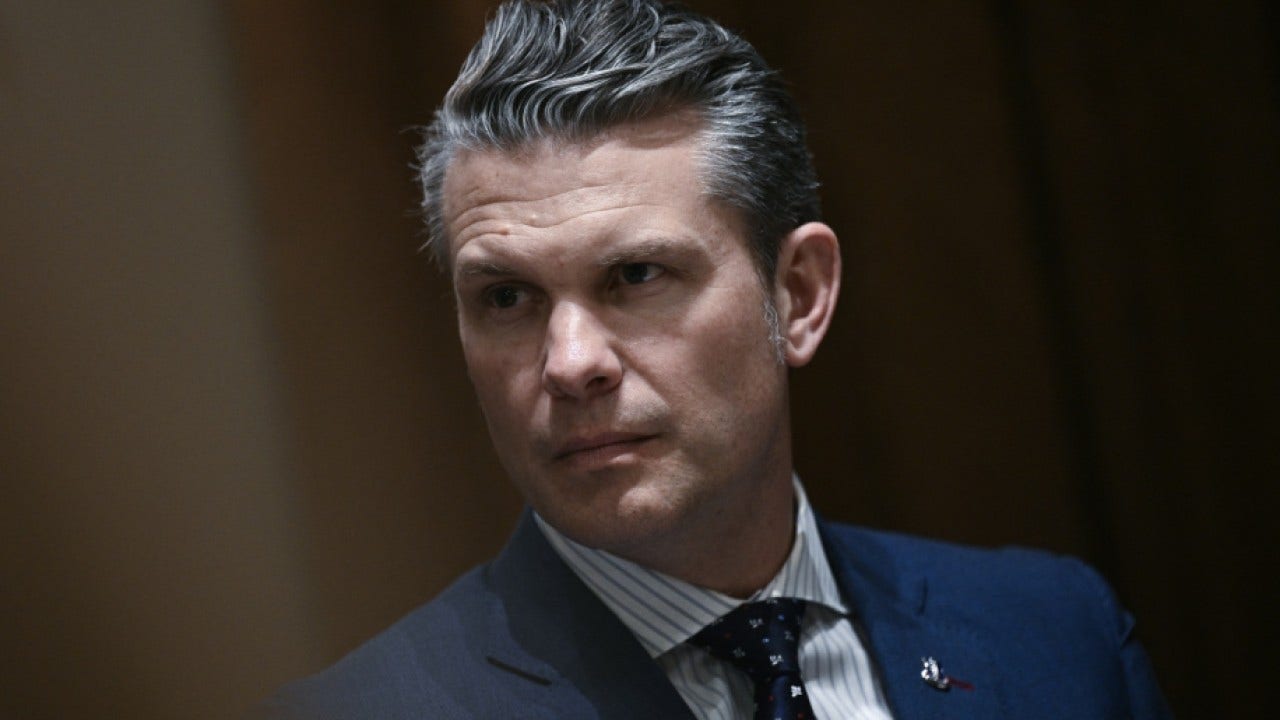
Defense Secretary Pete Hegseth appeared on live television Tuesday morning to address swirling speculation about his role in the Trump administration, only to be mistakenly introduced as the "former" secretary by Fox News co-host Brian Kilmeade.
The on-air flub quickly drew attention on social media and added fuel to growing questions about Hegseth's standing within the administration.
"Here to set the record straight himself, uh, the former secretary — current secretary of state, Pete Hegseth," Kilmeade said during the broadcast of "Fox & Friends," visibly stumbling over his words.
The awkward moment became even more confusing when Kilmeade incorrectly referred to Hegseth as the "secretary of state," a position currently held by Marco Rubio.
Hegseth, who previously worked as a co-host on the same network, smiled briefly and nodded without directly acknowledging the mistake. The clip, however, spread rapidly across social media, prompting reactions ranging from amusement to speculation.
The appearance came just days after a New York Times report alleged that Hegseth shared sensitive military information about an impending operation in Yemen through a private group chat.
The recipients reportedly included his wife, his brother, his personal lawyer, and a number of friends. The leak has raised questions about judgment and operational security at the highest levels of the Pentagon.
The group chat controversy is not the first involving Hegseth in recent weeks. In March, it was revealed that officials inside the Trump administration mistakenly added the editor-in-chief of The Atlantic to a group chat discussing classified plans for a potential airstrike.
The inclusion reportedly shocked the editor and set off alarms throughout the national security community.

In his Tuesday interview, Hegseth deflected criticism by blaming what he called "deep state forces" within the Defense Department and the broader federal bureaucracy.
"There are people working to undermine this administration every day," Hegseth said. "They’re trying to create distractions because we are finally breaking up the old ways of doing business."
He did not address the details of the Yemen operation directly, nor did he comment on the growing number of leaks coming from within the Pentagon. Last week, John Ullyot, the chief spokesperson for the Pentagon, resigned from his post and issued a strongly worded warning in a published opinion piece.
"It’s been a month of total chaos at the Pentagon," Ullyot wrote. "From leaks of sensitive operational plans to mass firings, the dysfunction is now a major distraction for the president — who deserves better from his senior leadership."
Ullyot’s comments followed a series of high-level resignations and dismissals at the Defense Department in recent weeks. Several senior officials were either forced out or resigned abruptly as internal tensions grew over Hegseth’s leadership style and decisions.
According to sources familiar with the situation, friction has been building between Hegseth and key military commanders, particularly over what they describe as an increasingly centralized and politicized decision-making process.
One defense official who requested anonymity said, "There’s no question morale is down. The constant personnel changes, public messaging issues, and now the leaks are all contributing to instability at the top."
Supporters of Hegseth argue that the pushback he is facing is evidence that his reforms are working. They describe him as a forceful leader trying to change a system that has resisted change for decades.
"Pete Hegseth is doing exactly what the president asked of him," said one administration insider. "He’s taking on the bureaucracy, cutting waste, and making sure the Pentagon is focused on results, not red tape."
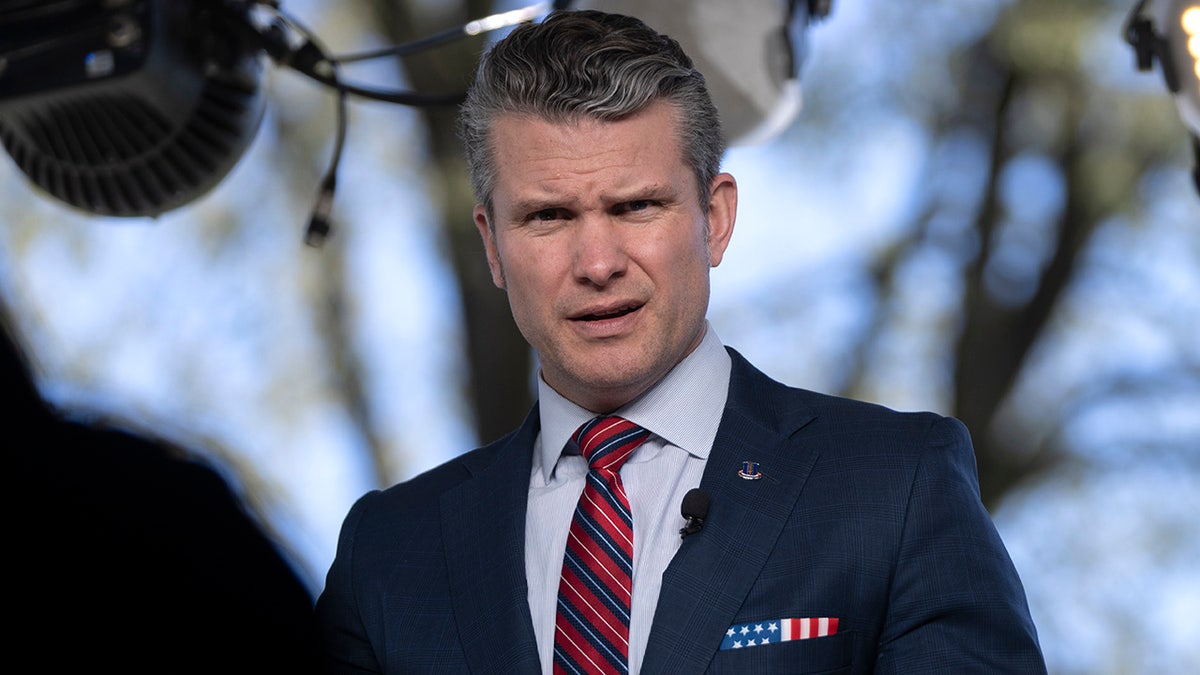
But critics say the mounting controversies, including the mishandling of sensitive information and the confusion around leadership roles, risk weakening trust in the department and harming America’s global reputation.
"America’s adversaries are watching this closely," said a retired general who served under previous administrations. "It’s not just about internal politics. Operational security, chain of command, and clear leadership matter. Right now, there’s too much noise coming from the top."
The television gaffe on Fox News only added to that noise. Kilmeade’s misstatements — calling Hegseth both "former" and then "secretary of state" — were likely accidental, but they struck a nerve given the context.
"That wasn’t just a slip," wrote one political commentator online. "It was a moment that captured the confusion and uncertainty surrounding Hegseth’s current role."
Fox News has not issued a formal correction regarding the mistake, and the network has continued to provide Hegseth with a regular platform to speak directly to viewers. His interview Tuesday was part of a broader effort to push back against recent reports and defend the direction of the Pentagon under his leadership.
"We’re turning the page at the Department of Defense," Hegseth said during the segment. "Some people don’t like it, but it’s what the American people deserve."
The incident has also sparked renewed interest in Hegseth’s political future. Once seen as a media personality and conservative commentator, his transition into one of the most powerful national security roles in the country has been met with both praise and skepticism.
Some insiders speculate that Hegseth’s media background has helped him stay close to the president, who reportedly values loyalty and media savvy. Others believe the recent controversies could ultimately lead to his resignation or reassignment.
"If these group chat leaks continue, it’s going to be very hard for him to hold on," said a former Trump national security adviser. "Even in a chaotic administration, there are limits to how much disruption is tolerated in the national security sphere."
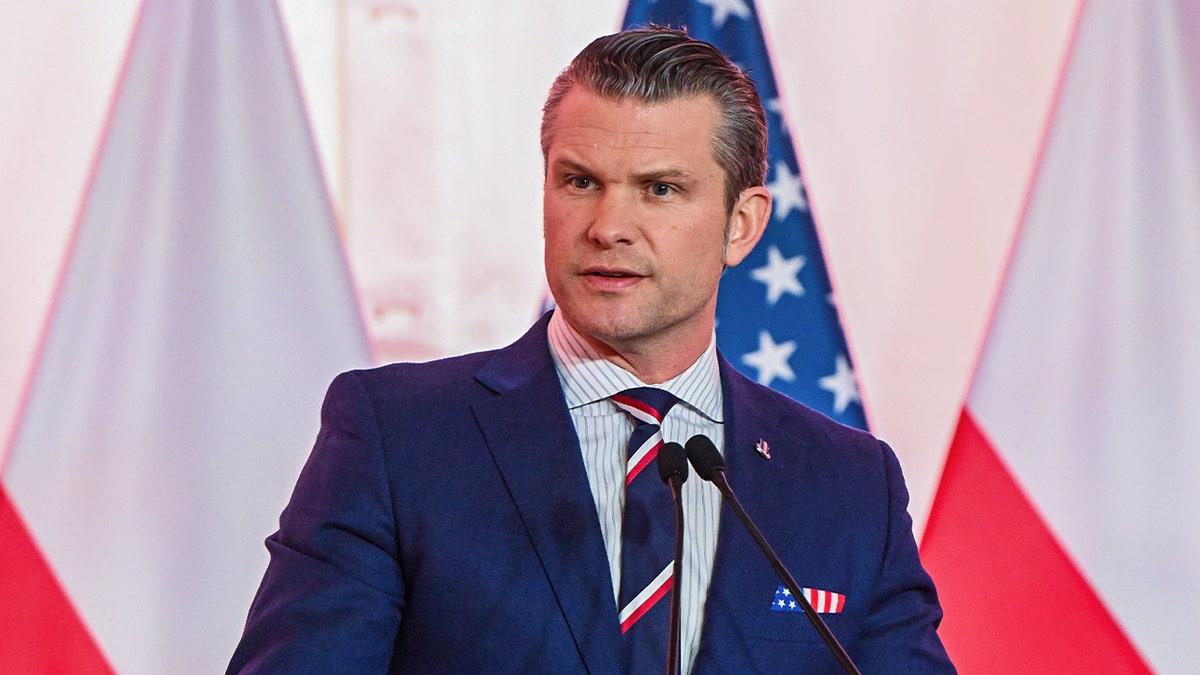
As of now, the White House has not commented on the rumors surrounding Hegseth’s future, but insiders say President Trump remains supportive of his defense secretary and has no immediate plans to make a change.
Meanwhile, Hegseth is expected to appear again later this week for a planned address on defense innovation and budget priorities. The event, scheduled at the Heritage Foundation in Washington, will likely focus on his policy agenda and attempt to move the conversation away from the current controversies.
Whether he will succeed in doing so remains uncertain. The leaks, resignations, and now live-TV missteps have kept the spotlight firmly on Hegseth, raising new questions about whether his presence is strengthening or weakening the Department of Defense at a time of heightened global risk.
For now, Hegseth remains in his post, with the support of the president and key Republican allies, though the pressure is clearly mounting. As new details about internal discord and information mishandling continue to emerge, the next few weeks may prove critical in determining his long-term future in the administration.
